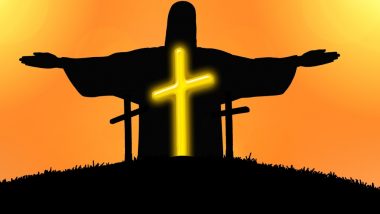Holy Week of 2019 has begun, and Christians all over the world are looking forward to Easter. Known also as Passion Week, Holy Week is the period of seven days that end in Easter Sunday. It starts with Palm Sunday, followed by Holy Monday, Holy Tuesday, Holy Wednesday, Maundy Thursday, Good Friday and Holy/Black Saturday. The Holy Week is the most important event for Christians because it commemorates Jesus’ resurrection after being crucified. The week also marks the end of Lent period when Christians observe 40 days of prayer, fasting and penance. Holy Week 2019 started on April 14 with Palm Sunday. Holy Monday is on April 15, Holy Tuesday is on April 16, Holy/Spy Wednesday is on April 17, Maundy Thursday is on April 18, Good Friday is on April 19, Holy Saturday on April 20 and Easter 2019 is on Sunday, April 21. Each day of the Holy Week represents a crucial episode from the time Jesus came to Jerusalem till he was crucified and resurrected. Here’s each day explained. Why is it Celebrated? & Interesting Facts About Eggs & Easter Festival.
Palm Sunday
Known also as Passion Sunday, Palm Sunday is the first day of the Holy Week. It is the Sunday before Easter Sunday and is also called as ‘The Sunday of Passion’ by Christians. It coincides with the Jewish festival of Passover. On this day, Jesus enters Jerusalem, riding on a donkey where he was greeted by hundreds of followers who waved palm leaves at him. They even lined the road with the leaves. The crowds shouted “Hosanna” (praise be upon him) when he entered. The day is a representation of all the pains that usually comes before the triumph.
Holy Monday
Holy Monday is the second day of the Passion Week after Palm Sunday. It commemorates the episode from the Bible when Jesus Christ cleansed the temples. On this day, Jesus is said to have stormed the temples, presenting himself as the Messiah or saviour. He drove out the vendors and people gathered at the temple to sell and purchase. According to Matthew 21:12 -13, Jesus cast out the wrongdoers, and overturned the tables of those selling doves. He said to them: “It is written. My house will be called a house of prayer, but you are making it ‘a den of robbers.’” By doing so, he set into motion the events that will lead to his crucifixion.
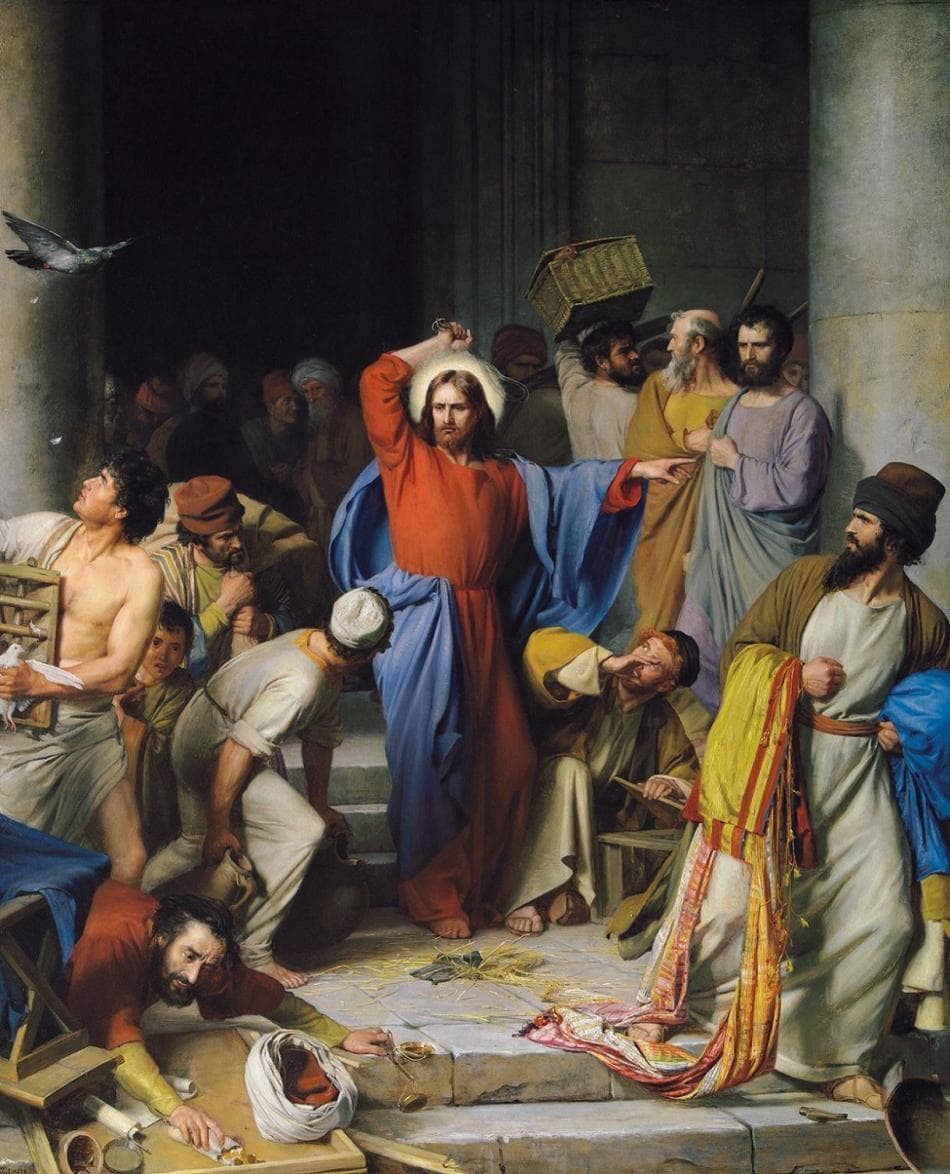
Holy Tuesday
On Holy Tuesday, Israel’s priests or Pharisees conspired against Jesus after he cast away the vendors at the temple. To ensure that Jesus is convicted, they conspired with the supporters of Herod the Great to get rid of Jesus once and for all. He also spoke to his disciples about the Pharisees and their religious hypocrisy. He named seven condemnations, to bring attention to false religions that were against the way of God. Why do we Celebrate Easter with Eggs? The Origin and Symbolism of Decorated Eggs on Easter Sunday.
Holy Wednesday/ Spy Wednesday
Just before the feast of Pesach, those against Jesus conspired to have him killed. On Holy Wednesday, Jesus sat at the supper table with his disciples at the house of Simon the Leper in Bethany. It was the day Jesus’ disciple Judas Iscariot betrayed Jesus for a few silver coins. Christians also remember the day as Spy Wednesday.
Maundy Thursday
On Maundy Thursday, Jesus had the iconic Last Supper with his disciples. He broke bread with them, offering it to them saying it was his body. He shared wine with them, saying it was his blood. He also told his disciples: “The greatest are those who serve others, not those who expect to be served.”
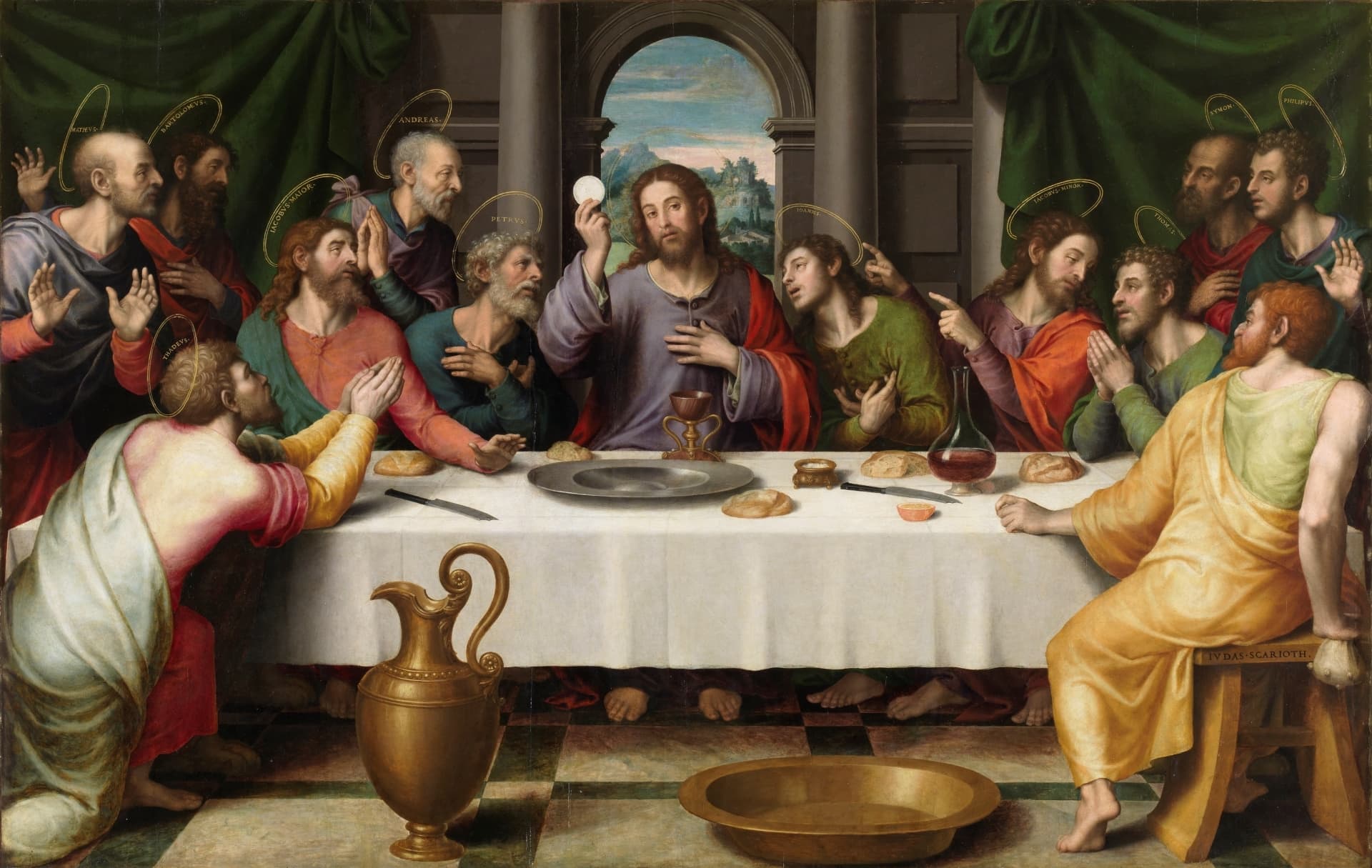
On this day, Jesus went to the Garden of Gethsemane, waiting for his time, since he knew he will be betrayed by Judas and will die for men. As he rightly predicted, Judas betrayed him with a kiss and Jesus was arrested.
After enduring pointless trials, Jesus was sentenced to be crucified by the Romans and the Pharisees. He was given purple robes to wear and a crown of thorns by the soldiers who mocked him as the “King of men.”
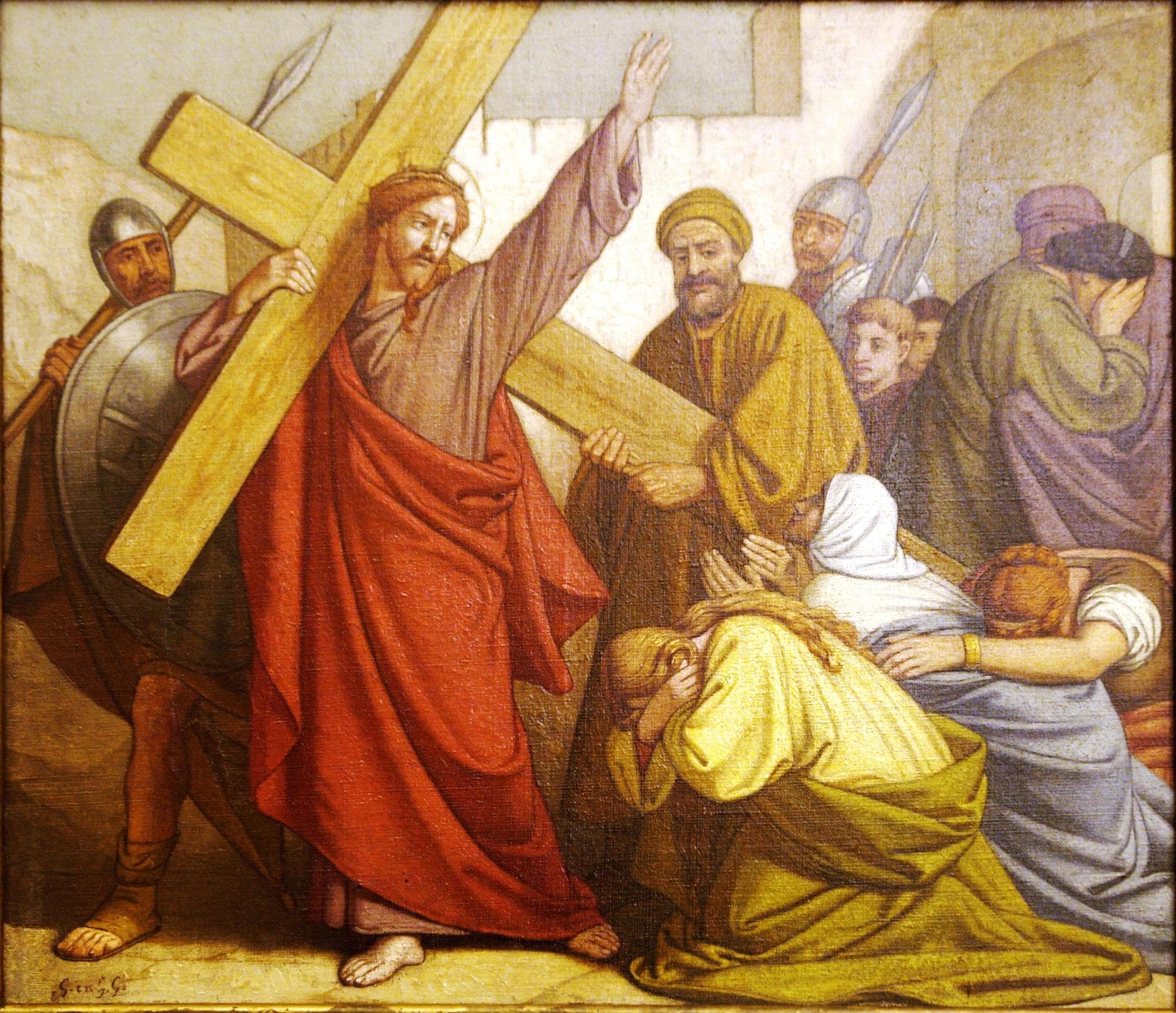
Good Friday
Good Friday marks the day Jesus died. The day is a mourning period for Christians, who remember Christ’s sacrifice for the people. He died for the sins of man. On this day, Jesus was made to carry the cross on which he will be eventually crucified all the way to Golgatha. He was crucified along with two others, including Barabbas. Although it is a day of grieving, Christians call it “Good” Friday to remember the good deeds of Christ.
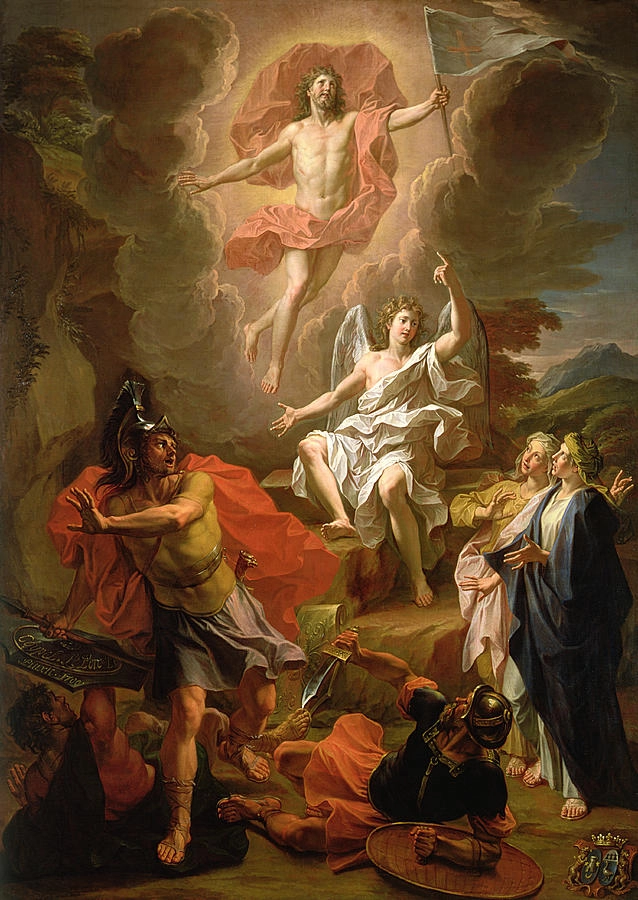
Holy Saturday
Holy Saturday is the last day of Passion Week and is observed on the day before Easter. Christians remember the time Jesus was entombed after he died on the cross. It is the day between Jesus’ crucifixion and resurrection. After he was crucified, Jesus was hurriedly buried in a tomb with the intention of completing his embalming on Sunday.
What is Holy Week? (Watch Video):
These are the holy days of the Holy Week. After Holy Saturday comes Easter Sunday when Jesus Christ was finally resurrected. The incident gives proof of God’s will and vindicated Jesus as the Son of God who died for the sins of men. According to Christianity, anyone who follows in Jesus footsteps will be spiritually resurrected like Jesus and receive eternal salvation. After mourning for forty days, Christians finally celebrate the rising of Jesus on Easter Sunday.
(The above story first appeared on LatestLY on Apr 16, 2019 06:13 PM IST. For more news and updates on politics, world, sports, entertainment and lifestyle, log on to our website latestly.com).









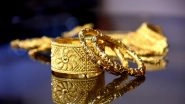



 Quickly
Quickly